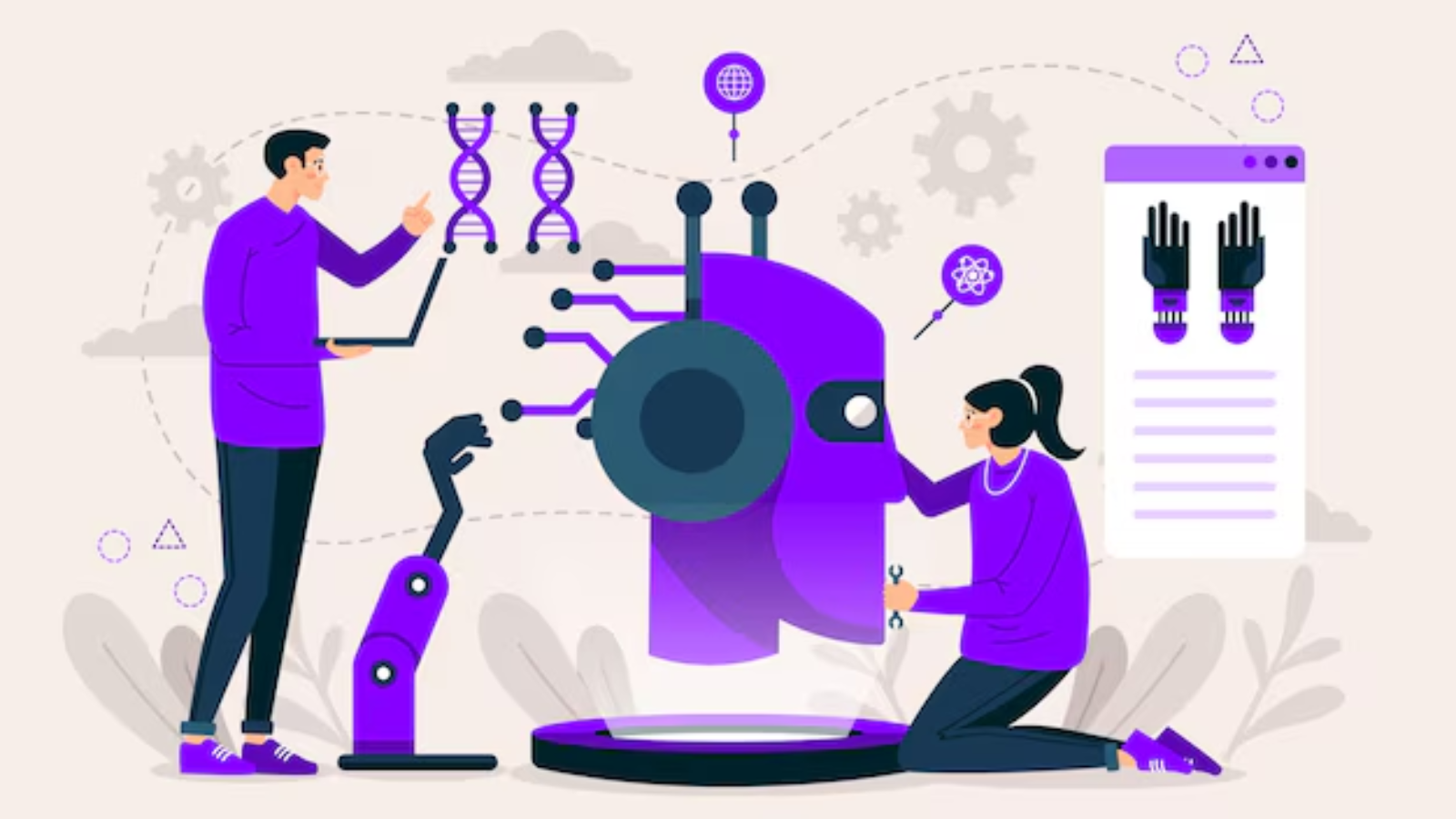
In the rapidly evolving landscape of the digital age, one question looms large for businesses and marketing professionals alike: Can digital marketing be replaced by AI? As artificial intelligence (AI) continues to advance and integrate into various sectors, including marketing, it’s crucial to understand the implications for digital marketing services and the role of human creativity and strategy.
The Rise of AI in Digital Marketing
AI technology is making significant strides in reshaping how businesses approach their marketing strategies. From social media management to SEO digital marketing, AI tools can analyze vast amounts of data quickly, identify patterns, and provide insights that were previously unattainable. Digital marketing agencies are increasingly utilizing AI for tasks such as:
- Data Analysis: AI algorithms can process large datasets to understand consumer behavior, preferences, and trends. This capability allows for more targeted marketing strategies and optimized campaigns.
- Personalization: AI can create highly personalized marketing experiences by tailoring content to individual users based on their browsing history and preferences. This is evident in email marketing, social media advertising, and personalized website experiences.
- Automation: Many digital marketing companies use AI to automate repetitive tasks, such as scheduling social media posts, responding to customer inquiries through chatbots, and managing email campaigns. This frees up valuable time for marketing professionals to focus on more strategic initiatives.
The Human Element in Digital Marketing
Despite the impressive capabilities of AI, the notion that it can fully replace digital marketing is overly simplistic. Here are several reasons why human expertise remains essential:
Creativity and Strategy
AI excels at data analysis and automation, but it lacks the creative intuition and strategic thinking that human marketers bring to the table. Developing a brand’s voice, creating engaging content, and crafting compelling campaigns require a deep understanding of human emotions and cultural nuances. While AI can assist with ideas and insights, it cannot replicate the unique perspectives that human marketers contribute.
Building Relationships
Effective marketing is often about building relationships with customers. Human marketers excel at creating connections through empathy, understanding, and authentic communication. While AI can enhance customer service through chatbots and automated responses, it cannot replace the human touch necessary for fostering genuine relationships.
Adapting to Change
The digital marketing landscape is constantly evolving, influenced by changing consumer behaviors, emerging technologies, and cultural shifts. Human marketers can quickly adapt their strategies to respond to these changes, leveraging intuition and creativity. AI, while powerful, relies on historical data and predefined algorithms, making it less effective in navigating unprecedented scenarios.
Collaboration Between AI and Human Marketers
Rather than viewing AI as a replacement for digital marketing, it’s more productive to see it as a valuable tool that can enhance the capabilities of marketing professionals. Here are some ways in which AI and human marketers can collaborate effectively:
Enhanced Decision-Making
AI tools can provide data-driven insights, helping marketers make informed decisions. For instance, a digital marketing consultant might use AI-generated reports to identify the best-performing channels and optimize budgets accordingly. This collaboration allows human marketers to focus on creative strategies while leveraging AI for analytical support.
Streamlining Processes
By automating repetitive tasks, AI can streamline processes within a digital marketing agency. For example, a web development company can utilize AI to analyze website performance metrics and provide suggestions for improvements. This efficiency allows teams to dedicate more time to strategy development and creative execution.
Improved Targeting
AI can enhance targeting efforts in social media advertising and online marketing. By analyzing user data, AI can help identify ideal customer segments and tailor messages accordingly. Marketers can then refine their campaigns based on these insights, ultimately leading to better engagement and conversion rates.
Conclusion
While AI is undeniably transforming the digital marketing landscape, it is not a replacement for human creativity, strategy, and relationship-building. The future of digital marketing lies in the collaboration between AI and human marketers, where each can complement the other’s strengths. Businesses that embrace this synergy will not only enhance their marketing efforts but also foster deeper connections with their audiences.
In this evolving landscape, companies looking to stay ahead should consider partnering with best digital marketing agencies that leverage AI tools while maintaining a strong focus on human creativity and strategy. Whether you’re searching for a web developer, a digital agency, or social media marketing companies, finding the right balance between technology and human insight will be key to achieving success in the world of online marketing.


Leave a Comment